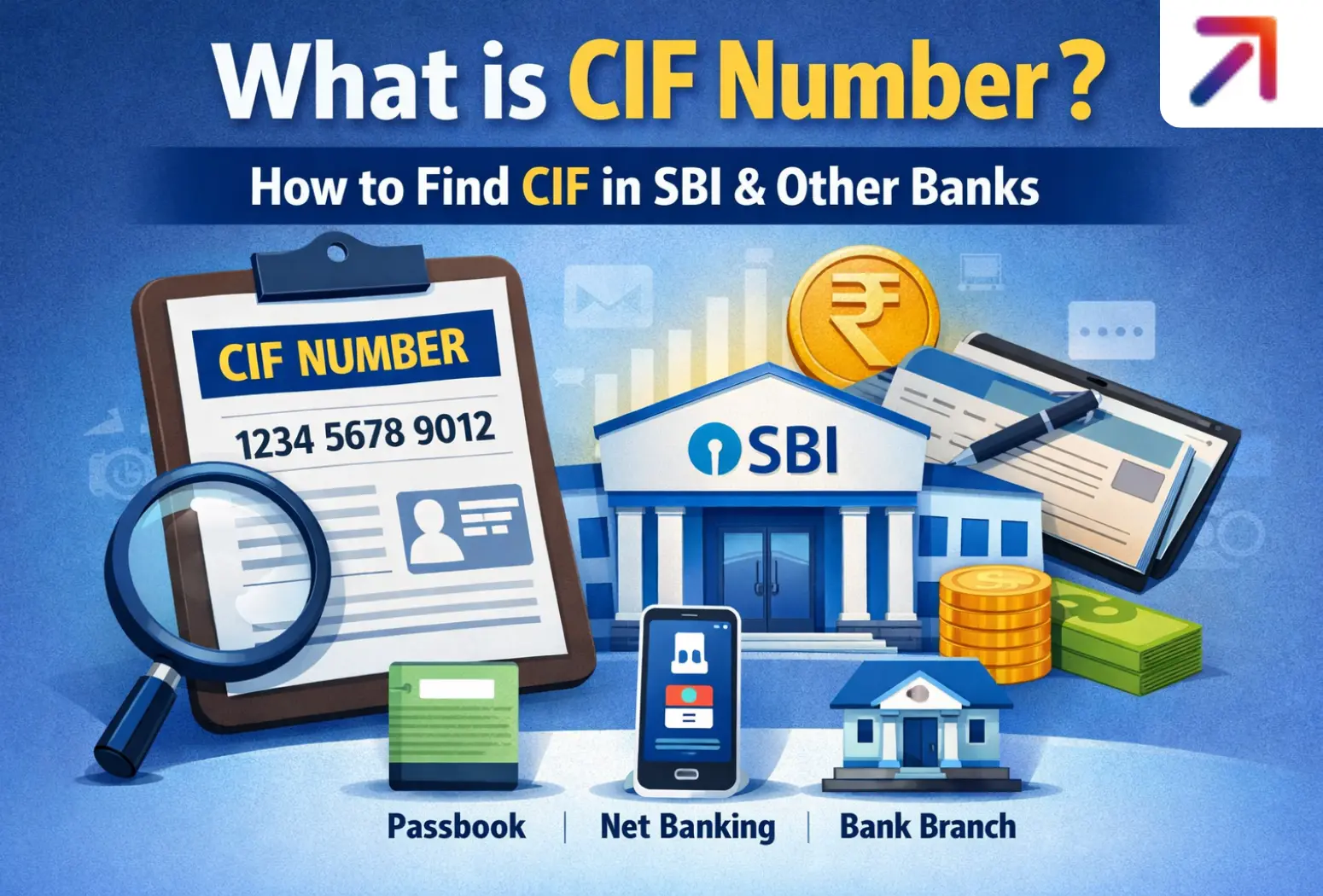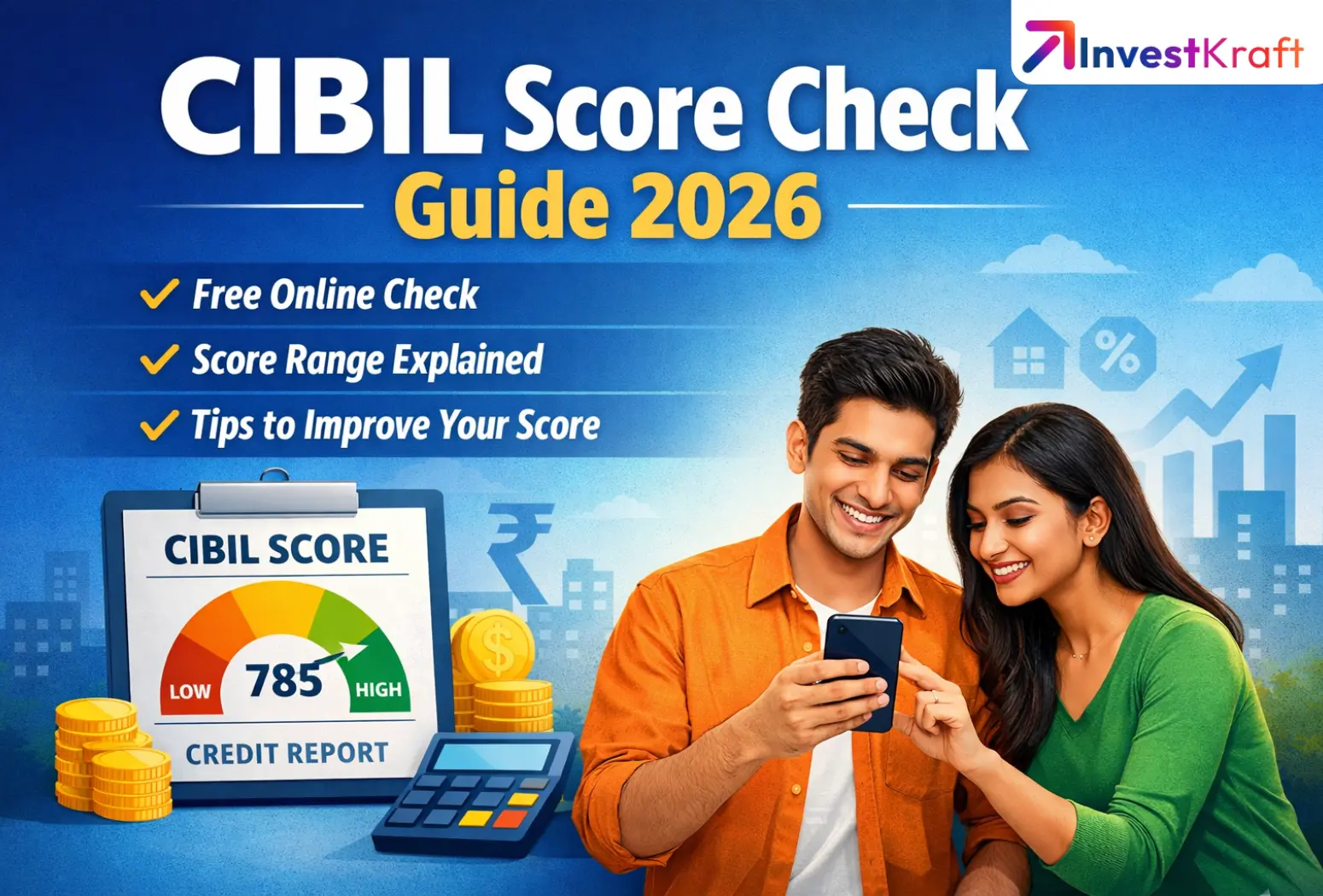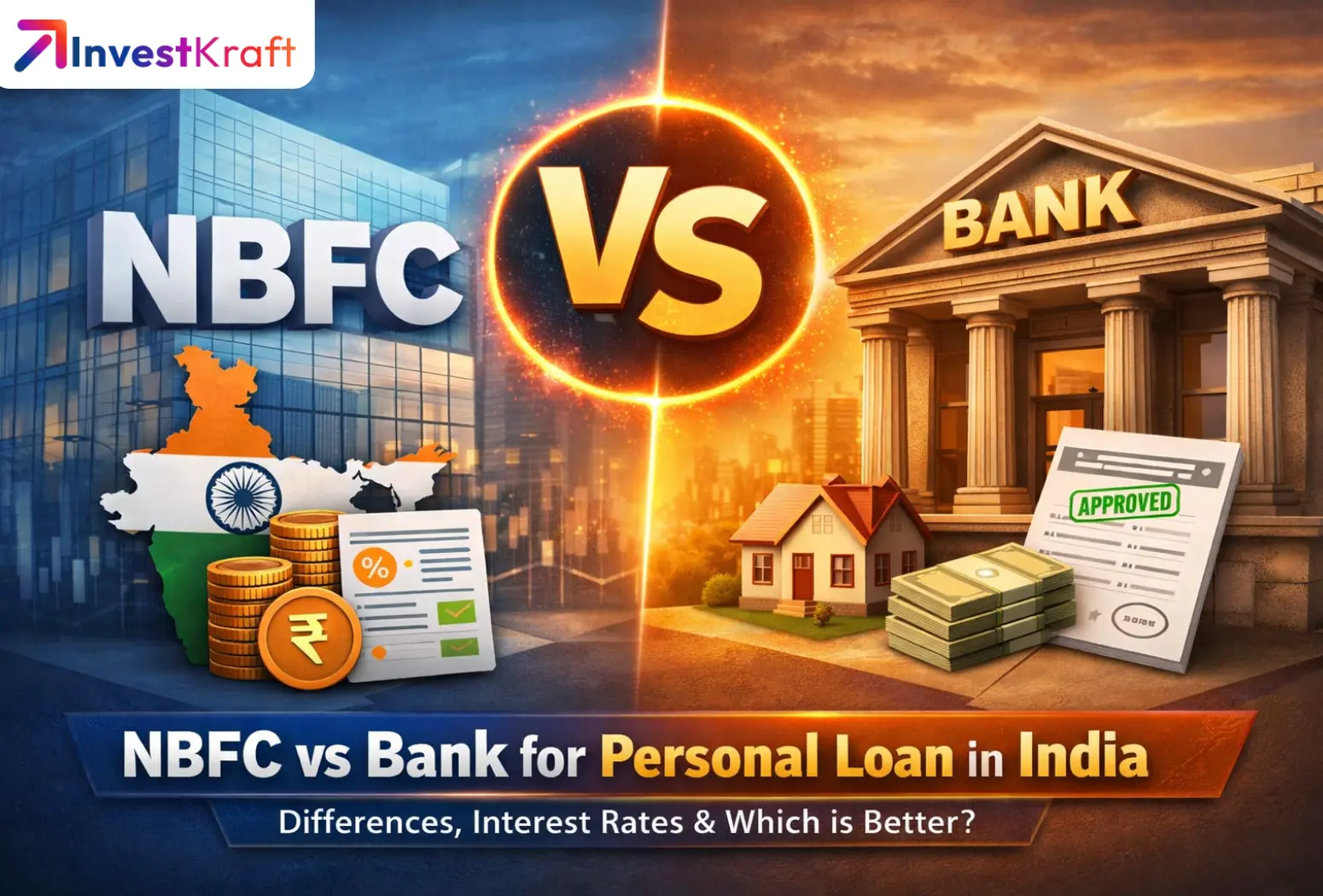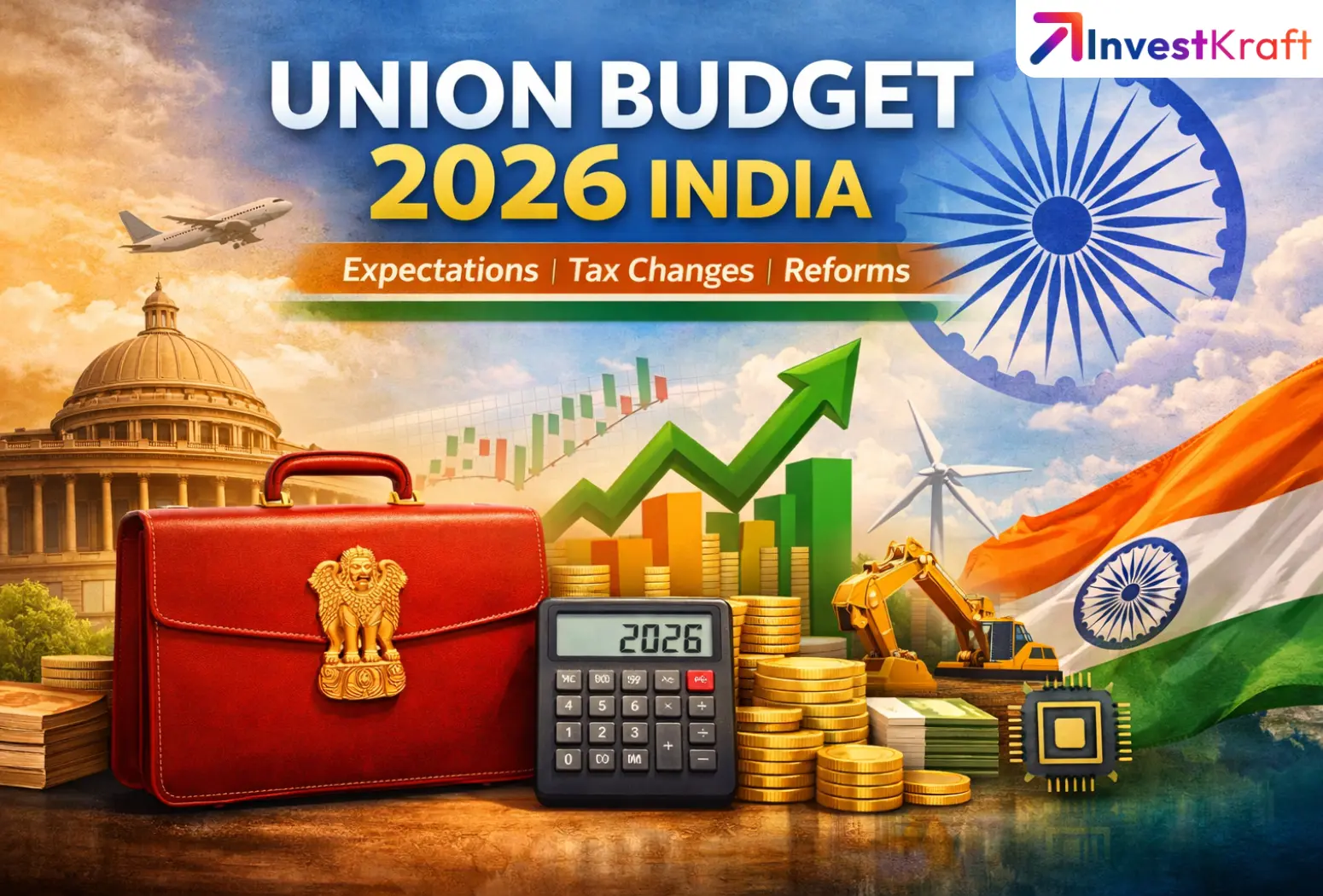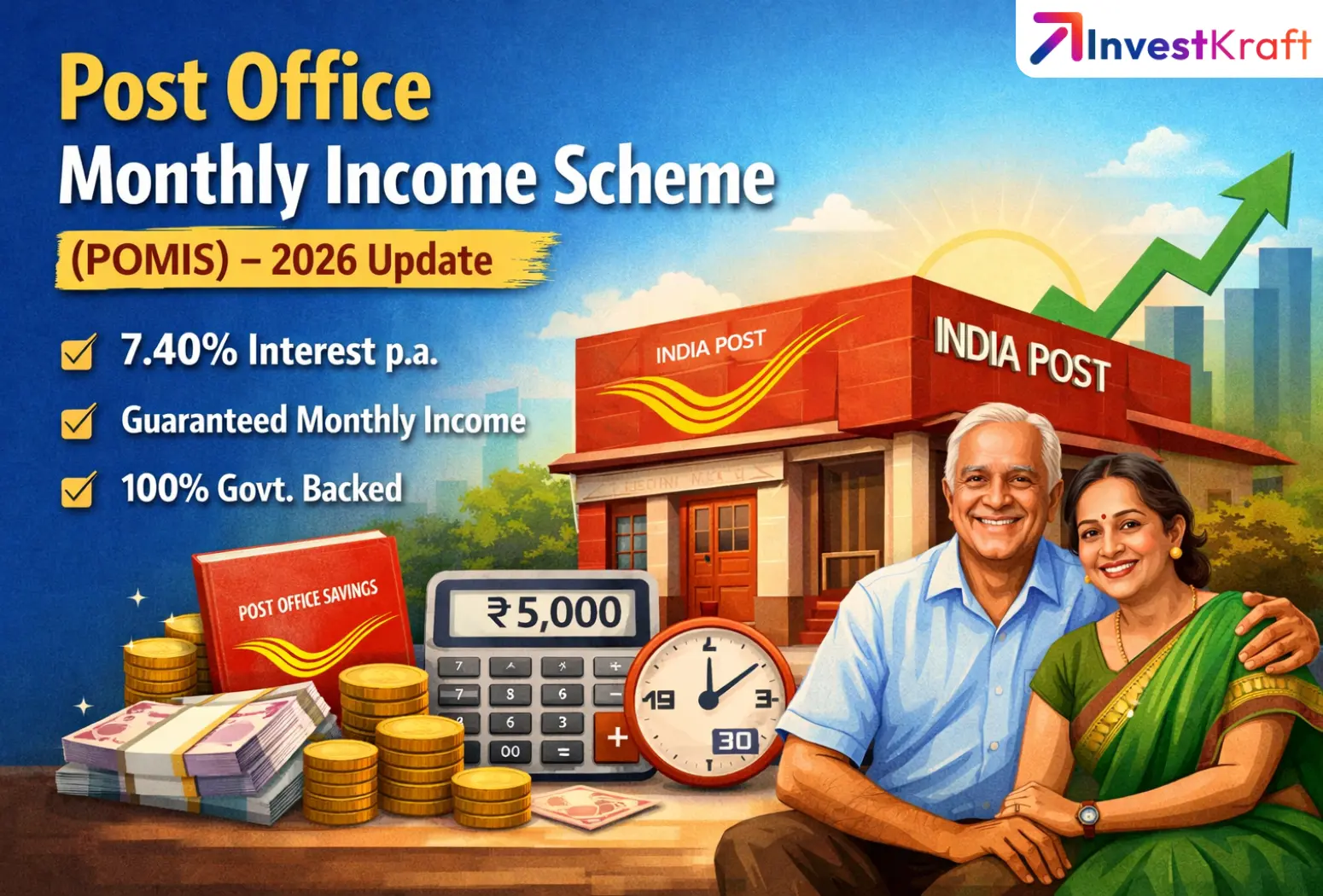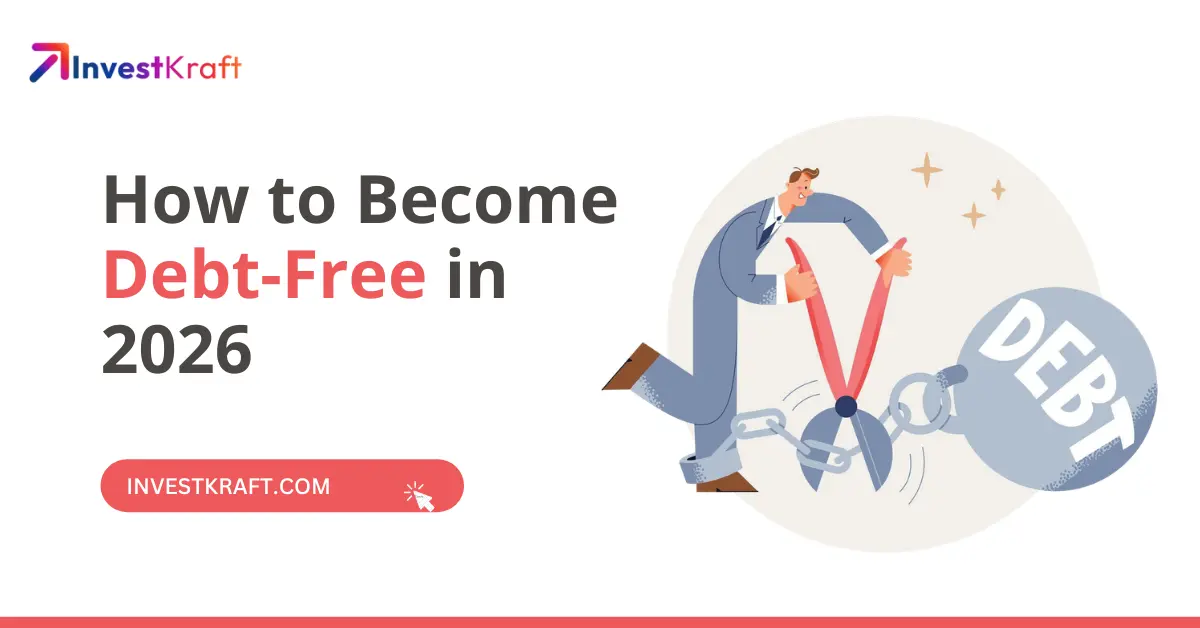Pros and Cons of Fixed-Rate vs. Adjustable-Rate Mortgages
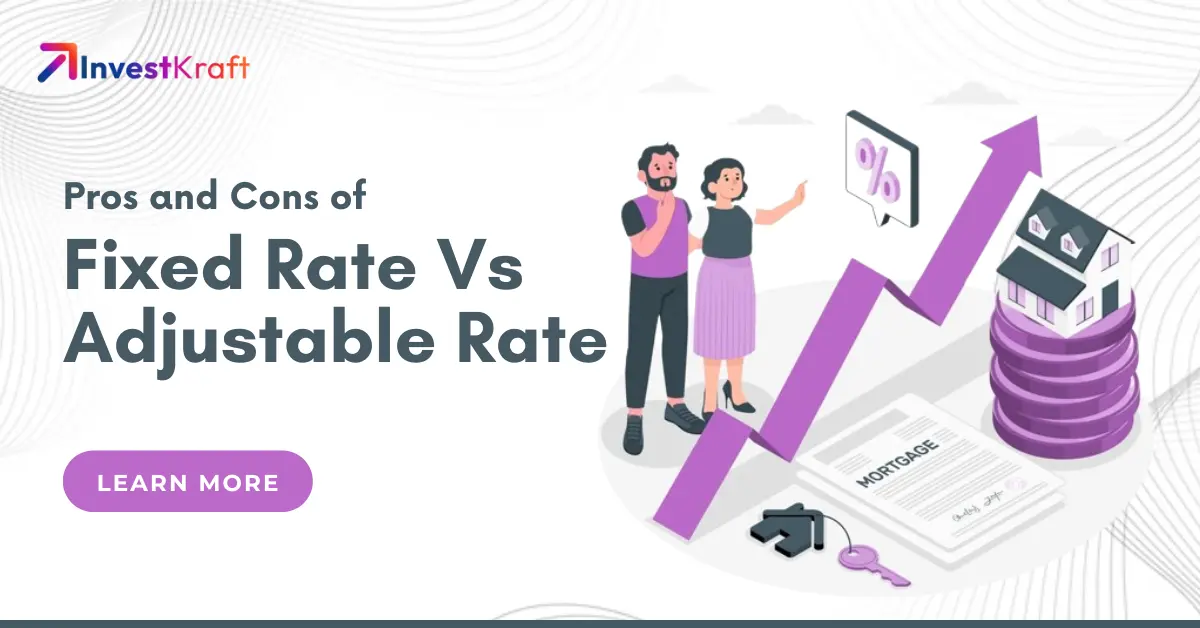
Homebuyers have to select between fixed-rate loans and adjustable-rate mortgages when it comes time to apply for a mortgage.
Their names suggest a difference between them: In contrast to adjustable-rate mortgages, which have periodic rate adjustments over the loan term, fixed-rate mortgages have a consistent interest rate for the mortgage borrower.
A low-interest, fixed-rate loan that is locked in is the mortgage equivalent of the proverbial holy grail. However, you can only obtain one of these loans when the mortgage market is favorable.
Many homeowners who are taking out fixed-rate mortgages do so in the hopes of being able to refinance in the future when rates drop, as many mortgage rates are currently much above 6%.
However, it's not your only choice. Although fixed-rate mortgages are the most widely used loan type, adjustable-rate mortgages are still an option for borrowers. Although less common, they do have certain benefits, particularly in situations where interest rates are high.
Mortgage rates for those with adjustable rates will decrease if interest rates decline. (However, their interest payments will also increase as rates rise.) The rates you pay when you take out an adjustable-rate mortgage are nearly always less than those of fixed-rate mortgages, which is another significant advantage of this type of credit. These Important Considerations Can Help You Choose Between an Adjustable-rate Mortgage (Arm Mortgage) and a Fixed-rate Mortgage.
What is a Fixed-rate Mortgage?
A loan with a fixed monthly payment and interest rate is called a fixed-rate mortgage. Borrowers benefit from predictability with these loans because, aside from changes in taxes, homeowners’ insurance, and other ancillary charges, they know exactly how much they will pay each month for their house.
Put otherwise, you don't need to be concerned about the likelihood of your monthly payment increasing due to increased interest rates.
The interest rates on shorter fixed-rate mortgages, including 15-year fixed-rate mortgages, are lower than those on the typical 30-year deal. Shorter terms do, however, come with monthly payments that are simply too exorbitant for most people.
Although fixed-rate mortgages have many advantages over adjustable-rate mortgages, the former have higher rates. However, the majority of consumers determine that's a worthwhile sacrifice. On the other hand, fixed mortgage rates are usually more than ARMs' introductory rates. Furthermore, you won't profit from lower interest rates until you want to refinance. Nevertheless, your payment won't go higher if interest rates rise.
What is an Adjustable-rate Mortgage (ARM)?
Although the interest rate on an adjustable-rate mortgage (ARM Rate) isn't fixed for the loan term, they offer lower introductory rates.
Following an initial period ranging from six months to ten years, your interest rate transitions to a variable rate for the duration of the mortgage. Your interest rate will thereafter be changed regularly, usually once a year.
The lender will determine your rate using a benchmark index that it has selected, and rate adjustments are contingent upon market conditions. Your monthly payment will fluctuate when your rate is changed since you will either be paying more or less in interest. Many mortgage borrowers find this intolerable because fitting a larger monthly payment into their budget can be challenging.
Interest rate limitations are present in adjustable-rate mortgages. There are two types of limits on interest rates: periodic adjustment caps, which limit the amount your rate can increase within a specific adjustment period, and lifetime caps, which establish the ultimate maximum for your rate. Thus, while your rate will vary, there are limits.
Adjustable-rate mortgages typically see an increase in market share when interest rates are high. One reason is that the initial lower interest rate starts to look more appealing. The other benefit is that you won't need to refinance to take advantage of future rate reductions, which will result in lower monthly payments.
Knowing some fundamental vocabulary is necessary to comprehend the benefits and drawbacks of adjustable-rate mortgages (ARM Rates), as they are more complex than fixed-rate loans.
Before Choosing Between an Adjustable-rate Mortgage and a Fixed-rate Mortgage, Consider the Following Ideas:
The term "adjustment frequency" describes how often interest rates are adjusted (monthly, annually, etc.).
- Adjustment Indexes: Interest rate changes are correlated with a benchmark. This can occasionally be the interest rate on a particular kind of asset, like Treasury bills or certificates of deposit. It might also be a particular index, like the London Interbank Offered Rate (LIBOR), the Cost of Funds Index, or the Secured Overnight Financing Rate (SOFR).
- Margin: You agree to pay a rate that is a predetermined percentage greater than the adjustment index when you sign your loan. Your adjustable rate, for instance, might be equal to 2% + the rate on a one-year T-bill. The margin is an additional 2%.7.
- Caps: The maximum amount that the interest rate may rise at each adjustment period is referred to as caps. A few ARMs further provide monthly payment limitations. Although the payments on these loans, often referred to as negative amortization loans, are low, they might only partially cover the interest owed. Interest that is not paid is added to the principal. Your principal balance over years of mortgage payments may exceed the amount you originally borrowed.
- Ceiling: it refers to the optimum amount that the adjustable interest rate can become during the tenure of the loan.
Adjustable-rate Mortgage or Fixed-rate Mortgage: Which is Better?
The topic of whether the type of mortgage is better—fixed or adjustable rate—has no definitive answer. You could pay more in interest on an adjustable-rate loan compared to one with a fixed interest rate, or vice versa, depending on how the mortgage market plays out throughout the loan.
The vast majority of homebuyers choose fixed-rate loans for a variety of reasons, including steadiness. In actuality, according to the Mortgage Bankers Association, adjustable-rate loans make up fewer than 10% of mortgage originations. However, the ideal mortgage for you will depend on the property you're purchasing as well as your unique financial circumstances.
The following are some of the main distinctions between mortgages with fixed rates and those with adjustable rates:
- Stability of Interest Rates
The interest rate is completely stable with fixed-rate mortgages: You are aware of the monthly payment you will make until your mortgage is paid off. Refinancing is the exception, and you would typically do that to lock in a cheap rate.
Interest rate stability is lower for mortgages with adjustable rates. Your rate may fluctuate, but only to a certain extent, and changes are typically made once a year to give you time to prepare. Additionally, your rate is set for the duration of the introductory term, which could be up to ten years.
Assuming the loan term, home price, down payment, and loan amount remain the same, mortgage lenders often offer lower interest rates for adjustable-rate mortgages than for fixed-rate mortgages. In exchange for a lower initial interest rate, than you would have with a fixed-rate mortgage, you may eventually pay a higher interest rate if mortgage rates rise in the future. This is a strategy used to tempt borrowers.
With an adjustable-rate mortgage, you will have to accept some risk because your monthly payment will fluctuate beyond the initial period. These mortgage loans might be more appropriate for those who can afford to take on some risk in return for a lower initial rate and the potential for future monthly payment reductions should rates drop, as well as for borrowers who have some wiggle space in their budgets in case their rates rise.
The Conclusion
Your particular situation and goals will determine whether you should choose an adjustable-rate mortgage or a fixed-rate mortgage. Choosing the correct mortgage is essential to safeguarding your financial interests.
To decide which choice best suits your budget and long-term goals, assess the advantages and disadvantages of each and compare them to the previously mentioned variables. Never be afraid to seek the advice of a financial expert to make sure you're preparing yourself for a sound financial future in your new residence.
FAQS
Q. With Rising Interest Rates, Which Kind of Mortgage is Preferable?
- Depending on your goals for your mortgage, yes. Fixed-rate mortgages dominate the mortgage market regardless of the interest rate environment, but adjustable-rate mortgages typically become more popular when rates are high.
Q. Is a Fixed-rate Mortgage Reversible?
- It is possible for homeowners to take advantage of declining interest rates even if they choose not to pursue adjustable-rate mortgages, as they can refinance fixed-rate mortgages. Some borrowers find the automated adjustments of an adjustable-rate mortgage appealing, though, because refinancing is not inexpensive.
Q. What Makes an Adjustable-rate Mortgage Preferable to a Fixed-rate Mortgage?
- Adjustable-rate mortgages have the potential to save you money throughout your loan, depending on the state of the market. However, since there is no assurance, they are best suited for consumers who don't mind taking some risk. These mortgages may also be wise choices for those who plan to sell their house in a few years. In this case, you avoid ever having to deal with the volatility of a floating rate and yet benefit from the reduced introductory rate

Author: Abhik Das
Abhik Das is a versatile content writer with over 5 years of experience crafting engaging and informative content across diverse industries. His expertise spans the fields of ed-tech, pharmaceuticals, organic food, travel, sports, and finance.
Here's what sets Abhik apart:
Content Versatility: Able to adapt writing style and tone to suit various audiences and content needs.
SEO Proficiency: Creates content optimized for search engines, ensuring discoverability and organic traffic.
Deep Research: Conducts thorough research to ensure content accuracy and credibility across complex topics.
Engaging Storytelling: Captures reader interest with clear, concise, and compelling writing.
Abhik's diverse background empowers him to deliver insightful content across a wide range of subjects. Whether you're seeking engaging explainer pieces on the latest financial trends, informative guides to organic food choices, or captivating travelogues, Abhik has the expertise to craft content that resonates with your audience.







